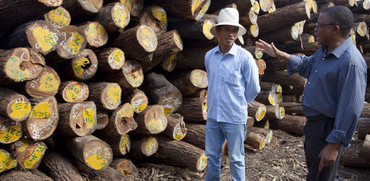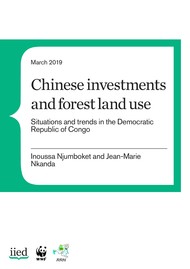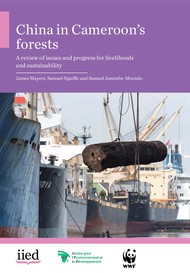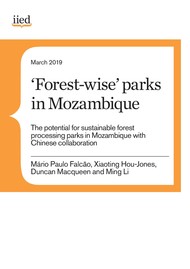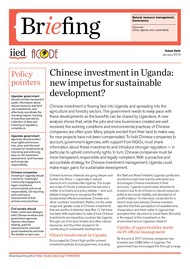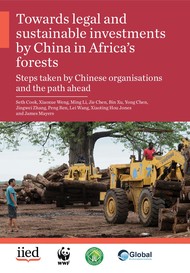Tackling discrepancies in timber trade data: comparing China and Mozambique

China is now the largest destination market for African timber exports, having seen significant growth in timber trade with African countries over the last decade. This has important implications to the sustainable development of forests in the exporting countries, where forest resources are being depleted. Regulation on timber trade, especially illegal timber trade, is therefore of increasing importance. This report investigates trade data discrepancies by examining the documentation process and data collection of the customs and other relevant agencies in China and Mozambique. Two studies of timber trade supply chain and customs procedures were conducted separately in Mozambique and in China, by the Faculty of Agronomy and Forestry Engineering of Eduardo Mondlane University (UEM) and Global Environmental Institute (GEI) using data analysis, a literature review, and semi-structured and unstructured interviews with various stakeholders. After comparing the procedures between the two countries, this report identifies differences and gaps in regulations and implementation in the two countries, and finally offers recommendations for future studies and customs engagement.
Cite this publication
Available at https://www.iied.org/13594iied
